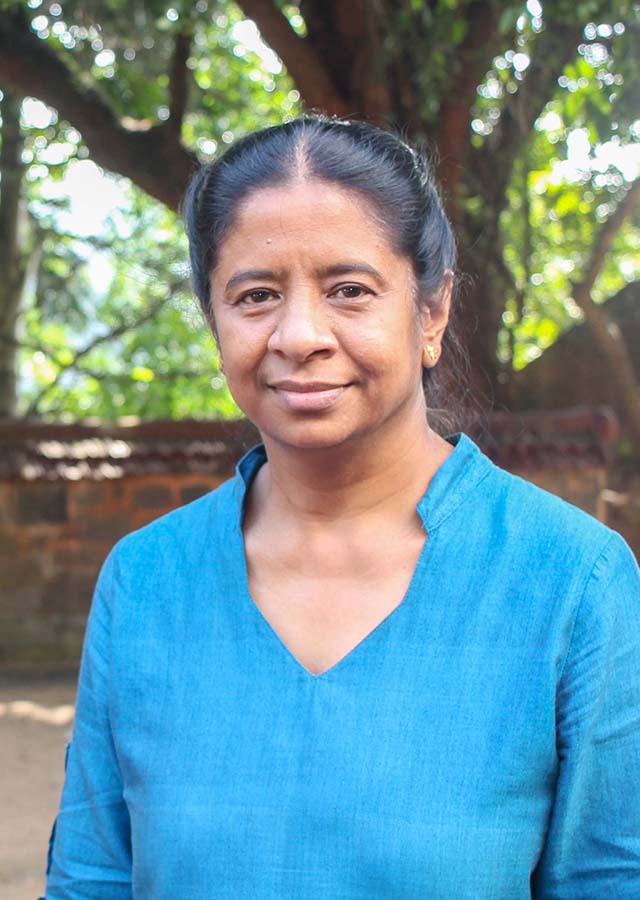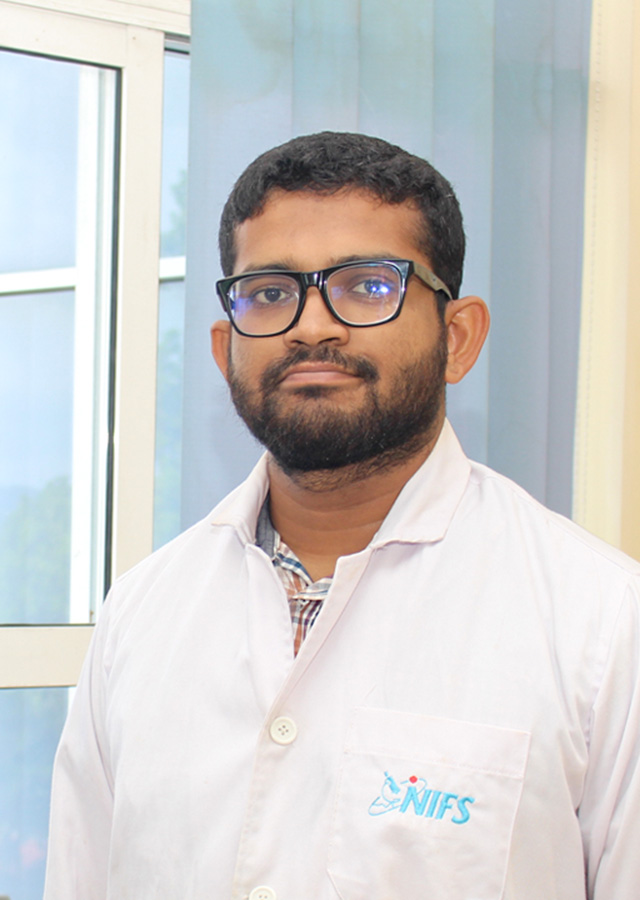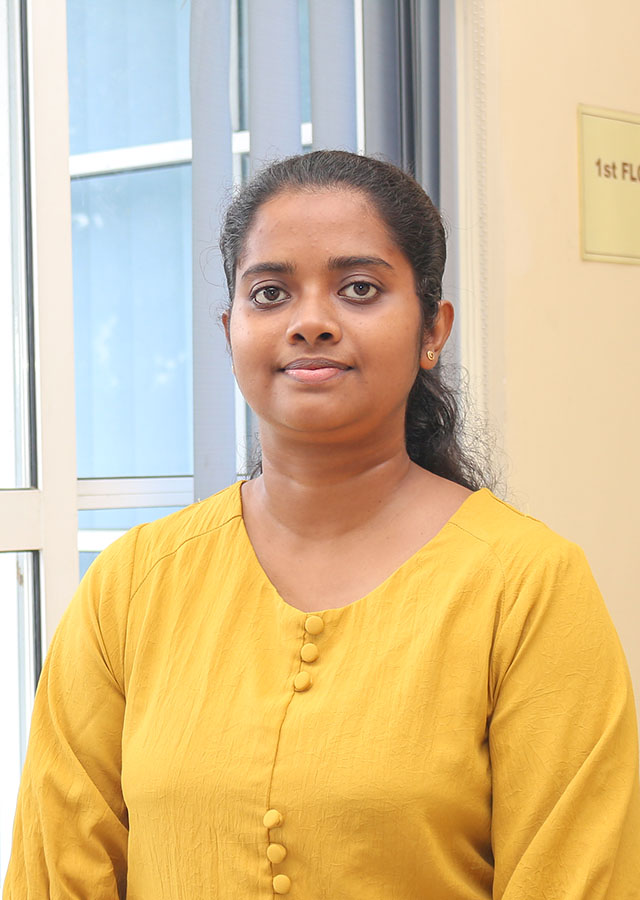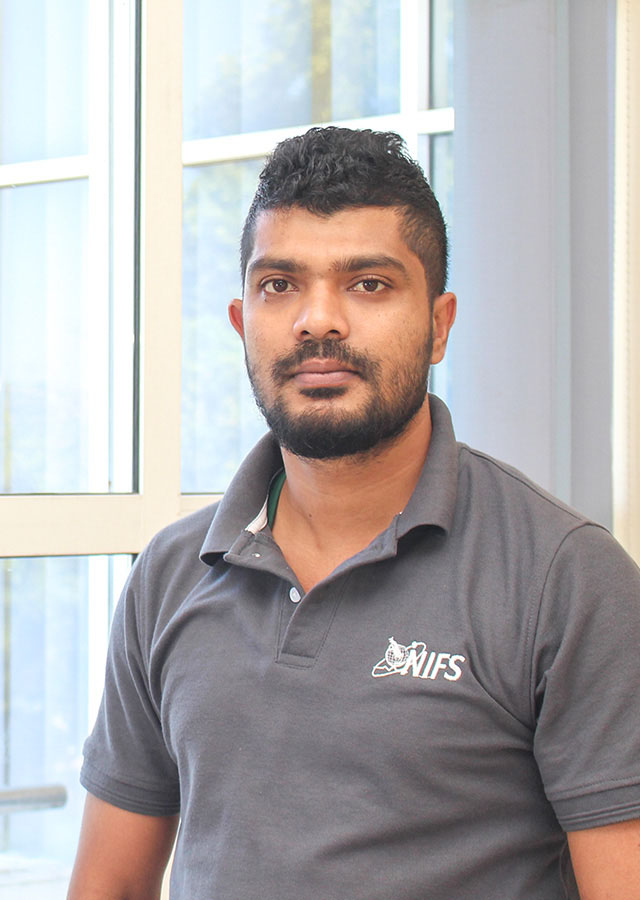Microbiology and Soil Ecosystems Research Programme
Explore the microbial flora and the soil ecosystems of Sri Lanka.

Research Focus
The research mainly focuses on determining the soil C sequestration potential, its dynamics and the method of improvement in different major vegetation types of Sri Lanka such as natural and plantation forests, wetlands, agricultural plantations, farm lands, home gardens and small holder cultivations etc. The potentiality of coastal ecosystems such as mangroves and intertidal saltmarshes in C sequestration is also under investigation. The project also aims to develop GIS based maps for soil Carbon storage capacity of different ecosystems. The microbiology project focuses on studying the microbial enzymes in different value added products and processes. Studies have been initiated to investigate the genetic diversity of cyanobacteria in different water bodies of Sri Lanka with their taxonomical identification, nutrient profiling and toxin analysis. The project also focuses on the establishment and maintenance of cyanobacteria culture collection.
Why does this matter ?
Global warming has come to its injurious level that a thriving need lies in mitigating the Carbon dioxide build up at the atmosphere. Soil Carbon sequestration is the process of removing atmospheric CO2 via plant photosynthesis; the atmospheric CO2 is captured and diverted to soil as soil organic carbon where it’s become stable for thousands of years. Soils contain more carbon than all terrestrial vegetation and the atmosphere combined and is one of the most active carbon sinks on Earth, second only to oceans. The Soil Ecosystems project currently works on soil C sequestration potential and management of natural and made ecosystems in Sri Lanka. Microbial enzymes have shown potential application in a wide range of industries. The Microbiology project focuses on studying the potential applications of enzyme extracts obtained from locally isolated microorganisms in different value added products and processes.





